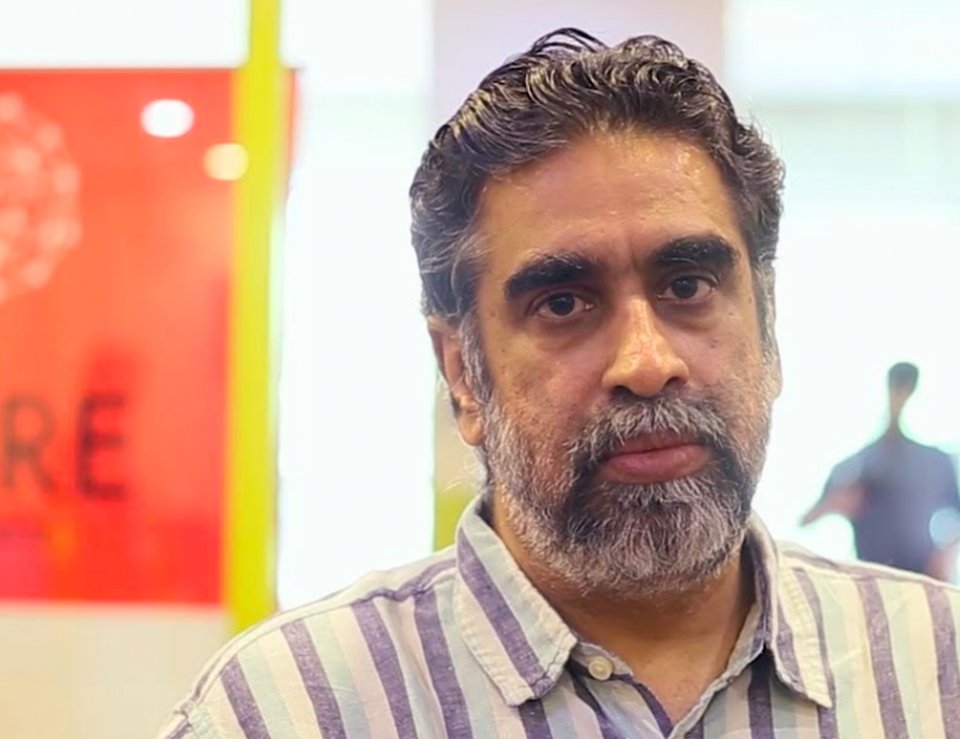
Interview | Hartosh Singh Bal, Sacked Unlawfully, Recounts His Legal Journey
By Aayush Soni
Misinterpretation of the Working Journalists Act works to the advantage of media employers, says the journalist.
In November, 2013, Hartosh Singh Bal, then the political editor of Open magazine, was abruptly fired from his position. His sacking was widely perceived as a precursor to what has now become standard practice — media owners acting under political pressure to dismiss journalists who are seen to be critics of the ruling establishment.
Bal, now the political editor of The Caravan, challenged his sacking in court. Six years later, on July 7, a district court in New Delhi decided that Bal’s sacking was illegal and ordered that he be paid six months’ salary under the Working Journalists Act, according to a report on Newslaundry.com. It also awarded him Rs 10 lakh on account of the harassment meted out to him, the report added.
In this interview, Bal talks about why he challenged his termination, the importance of the Working Journalists Act (WJA) and the current contract system used by media houses to employ journalists.
Central to your case is the WJA and the contract system that media houses use to hire employees, which tries to bypass it. Could you explain what the Act is?
This Act was enacted with a clear vision and such an act of job protection doesn’t exist for any other profession. It’s a clear recognition by some of the founding figures of this republic that journalism as a profession stands aside from everything else.
The court of recourse [in this case] was a labour court but that doesn’t mean we fall in the category of every other labour. What it said is that every journalist can take recourse to a labour court. In my case, it became a key argument whether somebody at the level of an editor, who also manages stuff, will count as a workman.
Unfortunately, what has happened is that we have failed to keep up the definition of what a journalist is in this country, with changing times and technology. The WJA should have been extended to television and digital media. That has not happened. Part of the confusion comes from the contract system, which is part of the reason why TV and digital journalism isn’t covered under the Act.
How has the contract system been used to deny journalists their rights?
Our understanding of the contract system and the WJA is very clear: no contract between an organisation and a journalist can override the protections of the WJA. So we should feel free to sign any contract understanding that if there are any clauses in that contract which try and dilute what exists in the WJA, those clauses do not stand.
What organisations don’t recognise, and should be made to recognise through legal recourse, is that the Act doesn’t get superseded by signing a contract. In practice, that hasn’t happened because fighting a case, sticking it out, ensuring that you still have a job while being pushed around by managements which don’t want you to be doing that, is difficult.
So while in theory, our protections are still the same as before, in practice, this is difficult to fight. Recourse to the legal system isn’t easy for everyone so it becomes possible for the contract system to bypass the WJA.
Story first appeared in TheWire on the 18th July 2019
STORY BY

Mumbai Press Club
Editor
Article posted on 19/07/2019
- Share This Story On:




